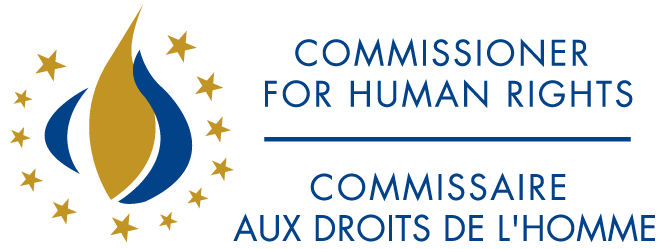- 2017/04/30
The report of the Commissioner for Human Rights on Lithuania in a nutshell

On 19 April this year, the Commissioner for Human Rights of the Council of Europe, Nils Muižnieks made the report on women rights, gender equality, children’s rights and the rights of persons with disabilities available after his visit in Lithuania between 5 and 9 December 2016.
The Commissioner expressed his concern about the statistical data relating to earnings of women and men. In 2015, the average monthly gross earning of women equaled 84,5% of the men earning. Quite often, candidates are asked about their family plans during the job interview.
Another worrying fact is the extent of violence against women. Because violence is still not sufficiently notified, it means that the reports are only a fraction of the number of violence cases which really happen. It is estimated that in Lithuania 31% of women have experienced violence, and this number is close to the EU average.
According to the report of the Ministry of Social Security and Labour, in 2015, 1837 children were taken away from their parents. Physical or psychological violence was the reason of deprivation of parental care in 69% of all cases. In the same year, 65,2% of children without parental care and under three years of age were covered by institutional care. The Commissioner also indicated the facts which were presented by the Lithuanian Seimas Ombudsman during his visit in a resocialisation centre. As reported by the Seimas Ombudsman: “In the resocialisation centre in Kaunas, the personnel illegitimately used handcuffs, batons and tear gas against residing children”.
There are around 250 000 disabled people in Lithuania, what constitutes around 8% of the country’s population. According to the information provided by the Lithuanian Disability Forum, around 50% of public buildings (around 34 000), including health care facilities and educational establishments are not accessible to people with reduced mobility. Committee on the Rights of Persons with Disabilities expressed its concern about the lack of statistical data relating to undue treatment of people with psychic disability, even when the guardian or family member agrees on the treatment.
Lithuania is on the fifth place of suicide rate in the world (28,2 per 100 000 population). In 2015, Suicide Prevention Bureau was established – a department of State Mental Health Centre. However, there are no national strategies for suicide prevention among young people, nor psychological services provided to people of a risk group.
Recommendations of the Commissioner:
- Formulation of long-term policies and action plans, which will fully implement the rule of gender equality in all sectors and promote the women participation in public and political life, as well as undertaking further action in order to prevent and combat domestic violence.
- Providing more training opportunities for experts engaged in the child protection. Review of the existing system of placing in resocialisation centres, because children with behavioural problems should not be placed in closed institutions, but they should be provided enough support in their families and family environments.
- Taking decisive measures to eliminate “segregated” work environments, and development and implementation of effective programmes, aiming at increasing the capability of the disabled people in finding an employment. Also, efforts towards reaching common access to high quality of health care should be increased.
The European Foundation of Human Rights (EFHR) informs the society about respecting human rights in Lithuania, aims at increasing citizens’ awareness on human rights and discrimination, and cooperates with the Equal Opportunities Ombudsman’s Office. In 2016, EFHR placed 26 complaints in the Ombudsman’s Office relating to possible discrimination.



